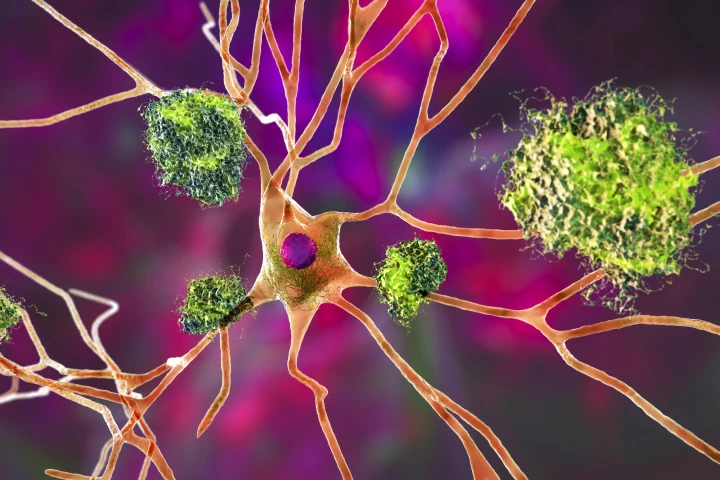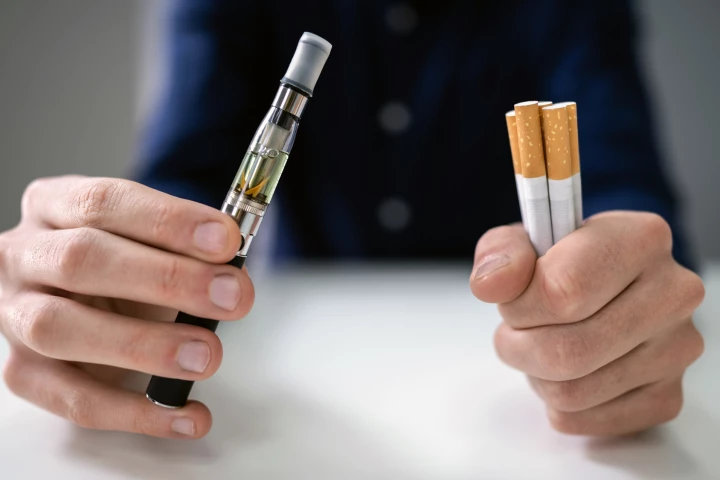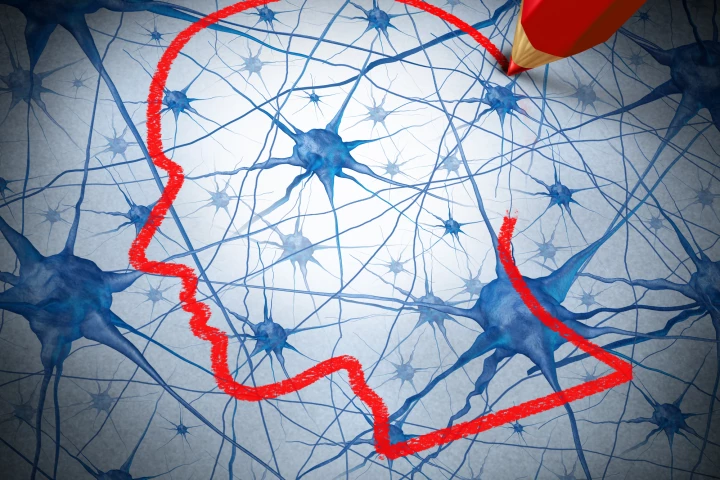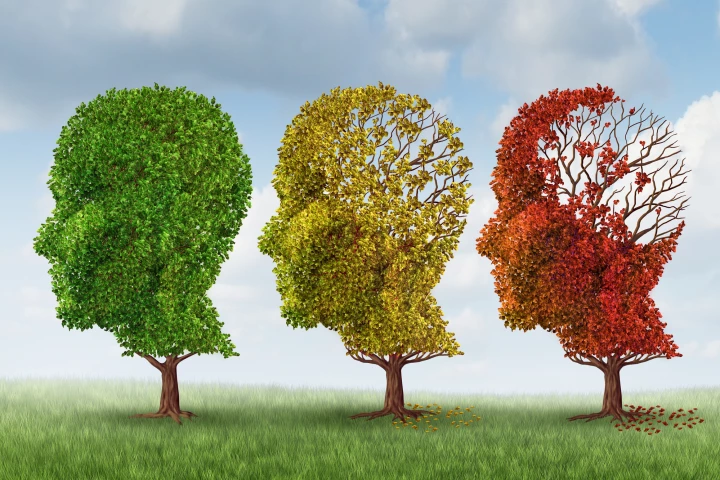Medical University of South Carolina
-
A protein notorious for its role in Alzheimer’s disease may hold the key to supercharging the aging immune system. Scientists showed that a byproduct of amyloid-beta rejuvenates T cells, boosting their tumor-fighting power and slashing cancer risk.
-
With the rise of vaping, a big question has been whether drugs that help cigarette smokers quit will work for e-cigarette users. The first US trial using an existing drug to help vapers quit has shown they're effective, even without ongoing counseling.
-
Researchers have improved upon existing organoids, creating a miniature 3D colon complete with immune cells that could lead to the development of personalized treatments for colon-related diseases such as inflammatory bowel disease and cancer.
-
When someone is suffering from post-traumatic stress disorder, psychiatrists will sometimes have them place themselves in stress-triggering environments. An experimental wearable system has now been shown to make such treatment much more effective.
-
A new study has opened up a promising pathway for Parkinson's treatment, pinpointing a protein that plays a regulatory role in the neurodegeneration associated with the condition, and showing how it can be inhibited to protect brain cells from damage.
-
Research has suggested that anxiety is an early indicator for Alzheimer's disease, which often follows mild cognitive decline (MCI). A new study has now found a link between anxiety and an increased rate of progression from MCI to Alzheimer's disease.
-
New animal research has found binge drinking can be controlled by blocking a key brain region linked to emotion-related behavior. The mouse experiments suggest blocking certain opioid receptors in the extended amygdala may curb excessive drinking.
-
A new long-term study has found high levels of antibiotic-resistant bacteria in wild dolphins, with rates growing over the last decade.
-
Scientists exploring the potential of transcranial magnetic stimulation to tackle drug addiction have found that it can dampen brain activity in response to common triggers, with implications for both the development of new substance abuse treatments and our understanding of neuroscience.
-
It's definitely an understatement to say that the sooner someone is treated for a stroke, the better their chances of survival and recovery. Before they can be treated, though, doctors need to know if they've indeed had a stroke. That's where the Cerebrotech Visor comes in.









